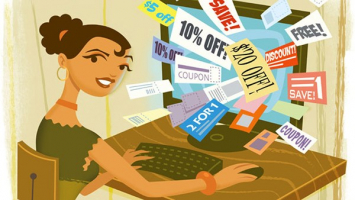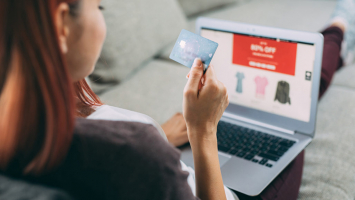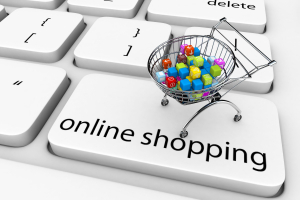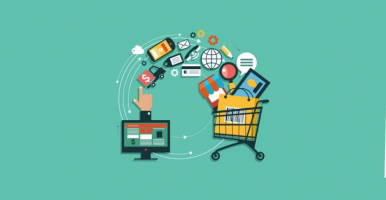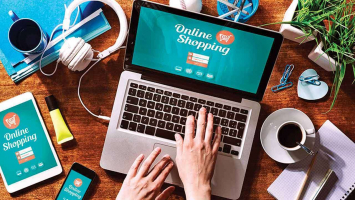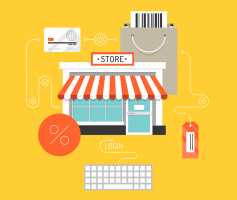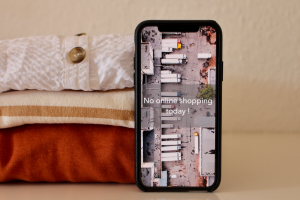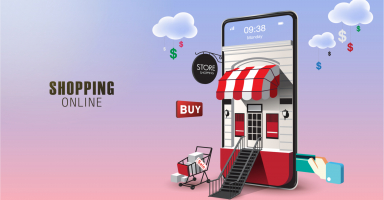Top 10 Black Friday Tips for Safe Online Shopping
When online sales rise, cybercriminals have more opportunities to steal credit card information and any other sensitive personal information they may find. ... read more...Black Friday is the ideal day for getting great deals, but if you don't take the right precautions, it may soon turn into a nightmare. Let's read some tips for buying safely online this Black Friday below!
-
You may shop electronically from anywhere. In practice, staying at home to shop is preferable. It's possible that your transaction will be snooped on if you use public Wi-Fi. Even if you think you've connected to a secure Wi-Fi network, you might be living in a fantasy world. Nothing stops a scammer from setting up a mobile Wi-Fi hotspot with the same SSID as your favorite coffee shop. Worse, your phone won't be able to tell the difference and will happily connect to the fake.
So when shopping online, always use a private and secure connection (ideally your home Wi-Fi). If you must use a public Wi-Fi connection, always use a VPN service to secure your connection. ExpressVPN and NordVPN, for example, encrypt your traffic between their servers and your device. This stops hackers from intercepting your connection and spying on you or infecting your device with malware.
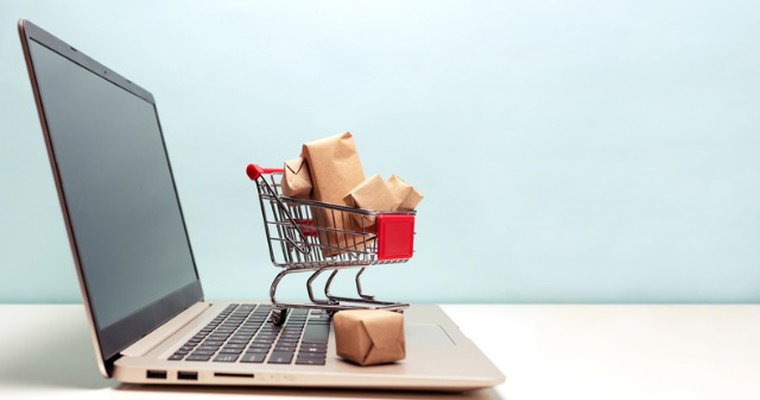
Stay at Home 
Stay at Home -
Only buy from brands you're acquainted with or can easily verify when doing your online shopping on Black Friday. Purchase from small businesses whenever possible, but be sure the website you're visiting is legitimate and not a rogue site.
Whether you've found a product you want to buy but it's on an unfamiliar website, do the following to see if you're safe purchasing from it. Look for any errors in the spelling throughout the website. If there are a lot of them, it's a hint that the business isn't authentic. Check to see if they have a presence on social media and whether they connect with their consumers on a regular basis. If they appear to have a large social media following, this indicates that the website is more reliable. Look for any user feedback on sites like trustpilot.com, which aims to give customers more control over their internet transactions
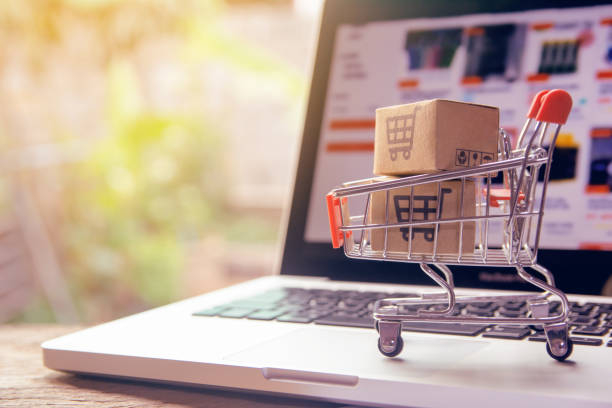
Use websites you trust 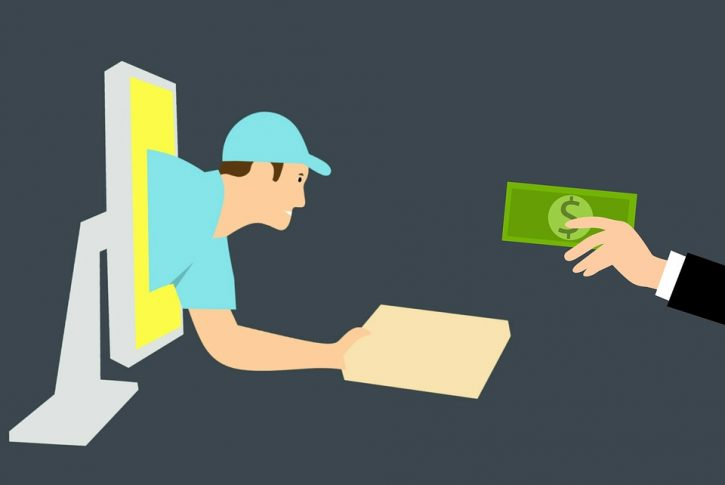
Use websites you trust -
The little lock icon in the corner of the URL field is an important characteristic to check for. This lock, known as an SSL (secure sockets layer), shows that the website you're visiting is secure. Always check that the site you're visiting has SSL encryption before making an online purchase. Look for the padlock in the address bar to see whether this is the case (to the left of the URL on Chrome, Safari, Firefox, and Edge; to the right of the URL on Internet Explorer). The site is secure if the padlock is displayed. If you notice an info bubble (a circle with the word I inside) or a warning symbol (a triangle with an exclamation point inside), the site is potentially unsafe.
Furthermore, make sure the website address begins with "https" rather than "http", as the 's' stands for secure. While some websites try to recreate the image of the lock in order to appear trustworthy, always check that the lock is in the having a firm for your browser before confirming that the website is real.
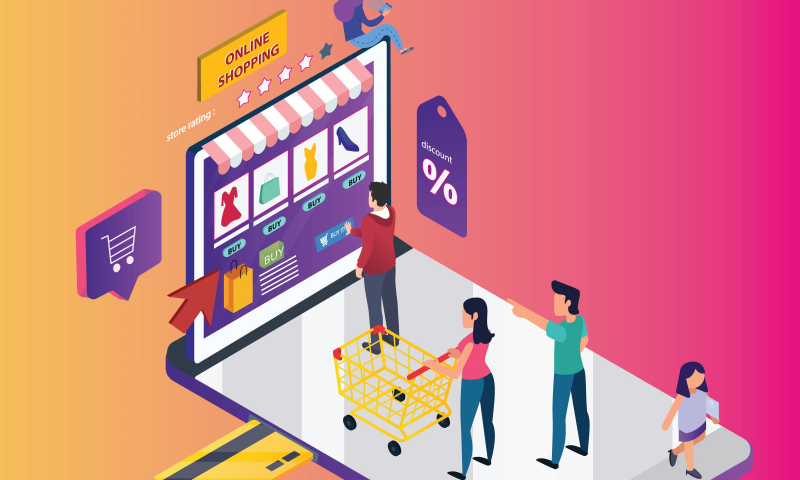
Check for the padlock 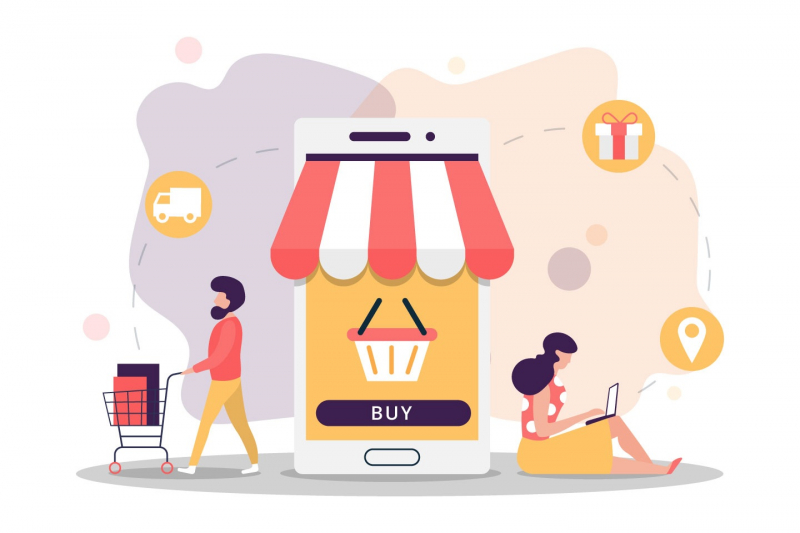
Check for the padlock -
You should be particularly cautious while entering your inbox since email scams are getting more complex and difficult to detect. It's very likely that an unusual email from an unknown address, or an oddly written email that seems to be from one of your connections, is a scam email.
Cybercriminals use email-based attacks, commonly known as phishing scams, to acquire sensitive information such as login passwords and credit card numbers by imitating a trustworthy actor. Emails imitating a brand (e.g. Amazon.Support@gmail.com), emails imitating an individual, emails from a look-alike domain (e.g. noreply@Amazonn.com), and emails sent from a trustworthy source that a cybercriminal has hacked into are all examples of phishing attacks. Be on the lookout for all of the above types of phishing scams during the Black Friday shopping season. Any links in the email should not be clicked since they may infect your computer with a virus. Instead, delete the email right away, and if it seems to be from a friend, contact them to alert them that their email account has been hacked.

Watch out for phishing scams 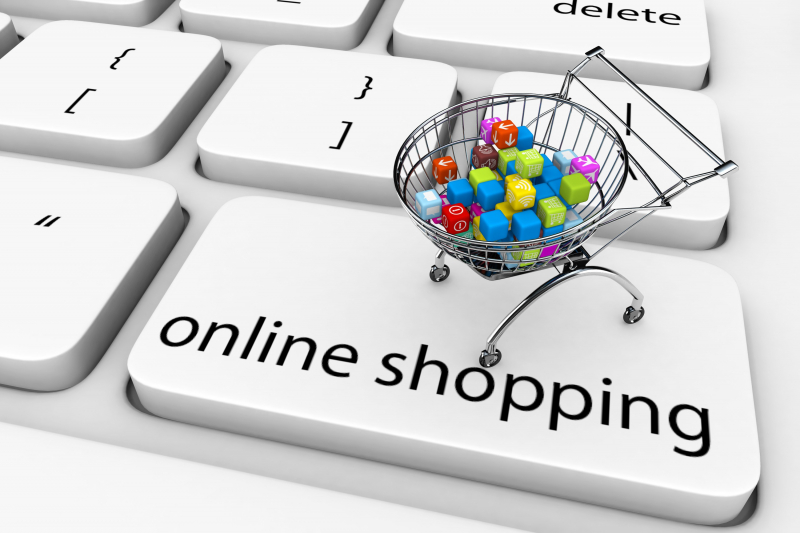
Watch out for phishing scams -
According to the National Cyber Security Centre of the United Kingdom, 23.2 million account fraud victims worldwide were hacked in 2019 because they used the easily guessable password 123456. The shorter or simpler your password is (e.g., using just digits or only letters), the easier it is for hackers to sneak in and steal your data or make transactions with your credit card.
Consider the following to ensure that your passwords are strong and to encourage safe online shopping habits. Don't use the same password for your online shopping account as you use for your email or bank account. For online purchasing, choose longer passwords that include a mix of numbers, letters, and symbols. Using a long-phrase instead of a single word is far more effective. And lastly, consider using a password manager to create unique, secure passwords for each website where you need to log in.

Check for password 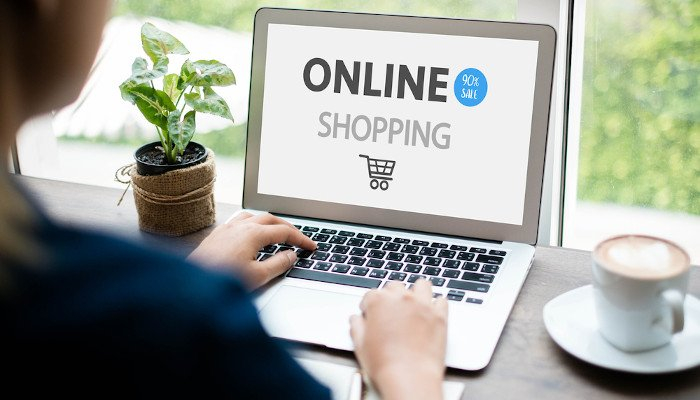
Check for password -
There are details you'll need to disclose in order to make online purchases, and details you shouldn't have to provide at all. You should expect to be asked for your name, contact information, credit card number, billing address, and shipping address when making a purchase from a legitimate site.
If an online shop requests personal information that isn't necessary for the transaction, such as your social security number or driver's license number, you should be cautious of the site. If you're unsure why a website requests any more personal information, contact them. If everything else fails, it's safest to wander away.
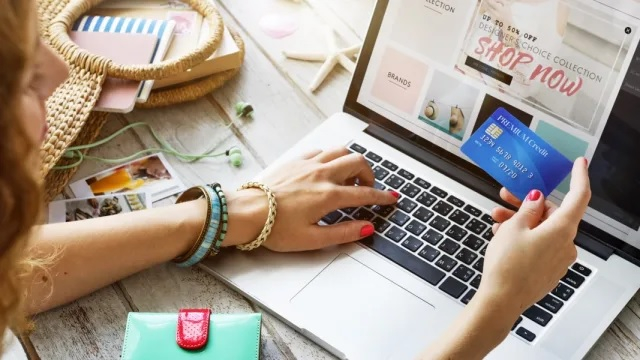
Limit the information you provide 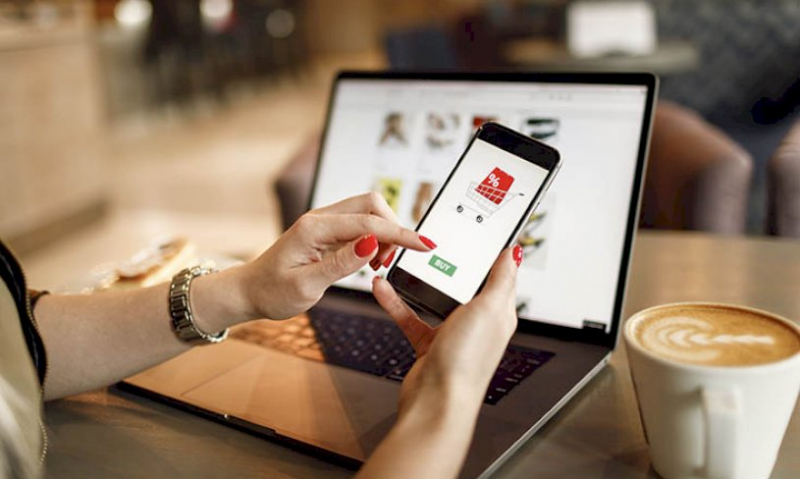
Limit the information you provide -
Using the most up-to-date operating systems on your computer and phone safeguards them from becoming infected by malware. This is because hackers look for vulnerabilities in various computer and mobile phone operating systems. Phone and computer companies are continuously attempting to identify and patch these flaws before hackers can make use of them. If you don't upgrade your device, it becomes vulnerable to attack.
Always use the most up-to-date version of your browser that your device can support for a safe online shopping or browsing experience. Browsers provide updates on a regular basis to guard against the newest viruses and threats. They also improve the speed of your internet. When you close and reopen your browser, updates normally happen in the background. You should check for pending updates if you haven't updated your browser in a while. For information on how to check for updates, go to the support page for your browser.

Keep your browser up to date 
Keep your browser up to date -
It's critical to check your statements on a frequent basis. Fraudsters can be very cunning, withdrawing little amounts from your accounts on a regular basis, making it difficult for you to detect that you've been a victim of fraud. However, over time, these modest sums may build-up, and by the time you realize what's going on, it's usually too late to have a lot of it back.
Purchases you don't recognize, a lot of small charges, unknown company names on your record, payments in far-away locations, and a significantly reduced credit balance are all red flags, according to top credit bureau Experian. The first thing you should do if you see fraudulent transactions on your credit card account is to contact your credit card company. But it's highly recommended to go through your bank accounts each month and double-check that you know each transaction, avoiding scammers from taking you off guard and keeping your cash safe.

Regularly monitor your credit card statements 
Regularly monitor your credit card statements -
When you make a purchase on a legitimate website, you should receive a confirmation by email or SMS almost immediately. If you've been waiting a long time for a response from the seller, it's time to follow up. If the seller refuses to respond or shows any other suspicious behavior, then it may be time to look for someone more reliable.
Furthermore. before you buy anything online, be sure you understand the return policy. It's a red flag if the website doesn't appear to have a returns policy. Before you buy something, attempt to get in touch with the seller to find out how they handle returns. If you can't find the company's email address, phone number, or physical address, this might show that the firm is fraudulent and the website isn't secure.

Keep track of purchases 
Keep track of purchases -
There is a large internet market for counterfeit goods, which adds to the difficulty of purchasing safely online. It's impossible to know whether what you're buying online is genuine or fake because you can't physically check the goods beforehand. Typically, counterfeit items are sold on more dubious websites, many of which would fail to meet the trustworthy retailer criteria.
Some counterfeit stores, on the other hand, have sophisticated internet storefronts. The key to answering the question "Is this website safe?" is to look at the pricing. Fake goods are almost usually much less expensive than genuine goods. While it may appear that you've found a good deal at first, a legitimate piece's retailer is unlikely to sell it at a considerably cheaper price than their rivals, unless the good isn't genuine at all. If something appears to be too good to be true, it most likely is. You may take advantage of great offers carefully when getting the offer and avoid being misled by fakes.
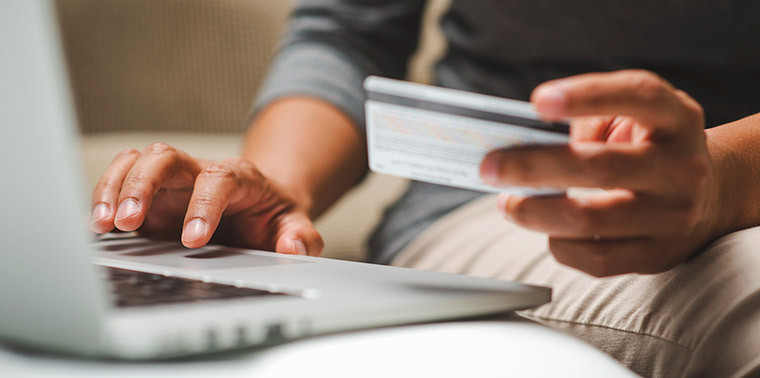
If It Seems Too Good to Be True… 
If It Seems Too Good to Be True…












